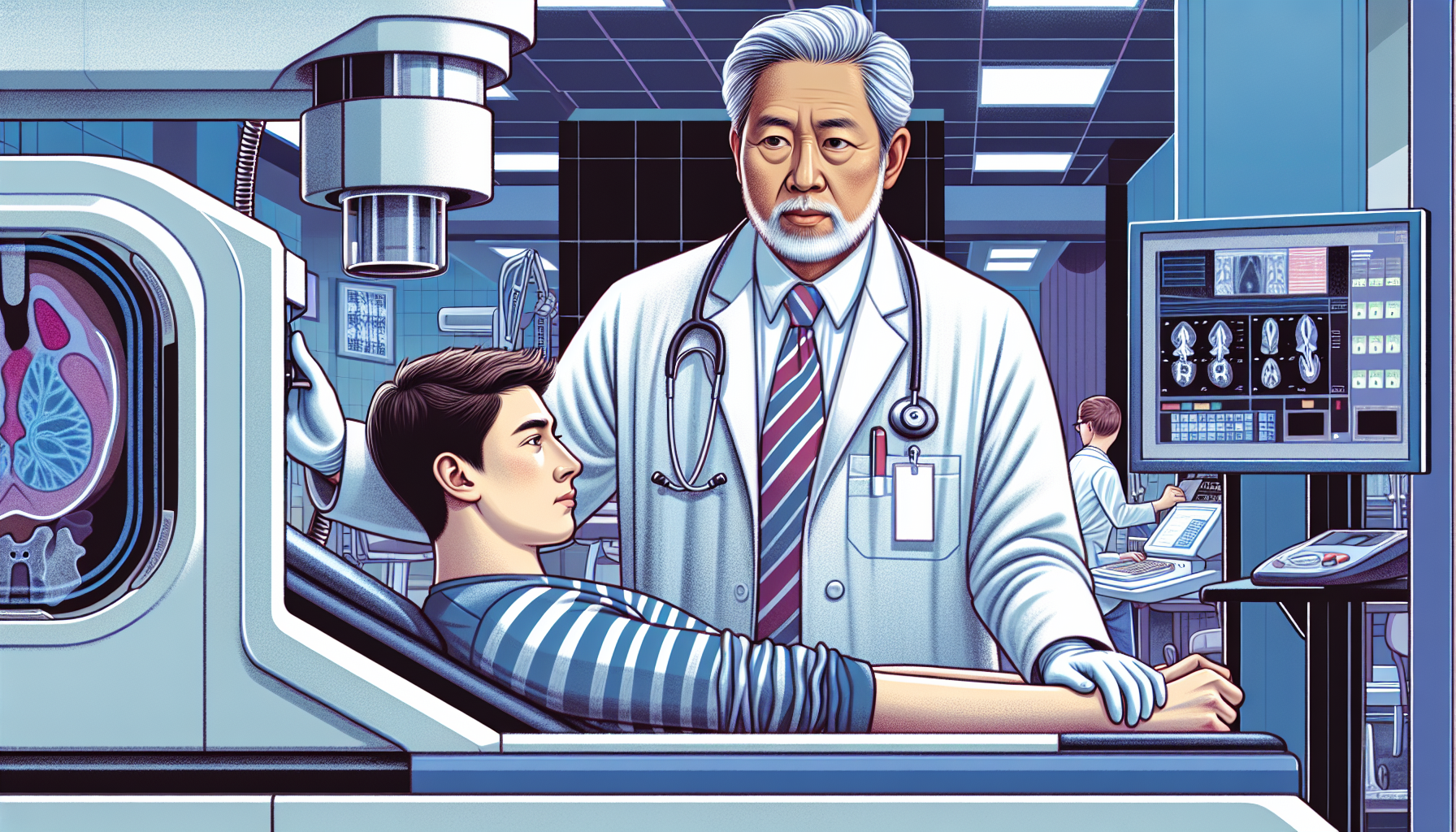Bone health is a critical component of overall wellness, yet it often goes unnoticed until a problem arises. Bones are living tissues that require constant care and attention to maintain their strength and density. As we age, our bones can become more fragile, leading to conditions such as osteoporosis, which increases the risk of fractures. This is why periodic screenings for bone health are essential, as they can help detect issues early on and enable timely intervention.
Understanding Bone Density and Its Significance
Bone density is a measure of the amount of minerals, primarily calcium and phosphate, contained within your bones. It is an indicator of bone strength and the risk of fracture. High bone density implies stronger bones, while low bone density can indicate a risk for osteoporosis and related fractures. Regular bone density screenings, such as dual-energy X-ray absorptiometry (DEXA) scans, are recommended for certain age groups, especially postmenopausal women, men over 70, and adults with risk factors for bone loss.
To gain a deeper understanding of the role bone health plays in our overall well-being, exploring comprehensive resources such as Avix Health’s Bone Health can provide valuable insights.
The Role of Nutrition in Bone Health
A nutrient-rich diet is crucial for maintaining bone density. Calcium and vitamin D are well-known for their bone-strengthening properties, but other nutrients like magnesium, potassium, vitamin K, and proteins are also important. Nutritional absorption, which refers to the body’s ability to take in these nutrients from the gut and use them effectively, is a key factor in maintaining bone health. For an in-depth look at how nutrition and bone density are intertwined, consider reading "Bone Density and Nutritional Absorption: How They Interact".
Exercise and Bone Health
Physical activity plays a significant role in bone health. Weight-bearing exercises, such as walking, running, and resistance training, can help build and maintain bone density at any age. The mechanical stress exerted on bones during exercise stimulates the bone-forming cells, leading to increased bone mass. To understand more about how exercise can enhance bone mineral content, "The Role of Exercise in Enhancing Bone Mineral Content" offers a detailed analysis.
The Impact of Aging on Bone Health
As we age, our bones naturally lose density, a process that can be exacerbated by hormonal changes, especially in women during menopause. The decline in estrogen levels can lead to increased bone resorption, where bones break down faster than they are rebuilt. This imbalance can result in significant bone loss and a higher risk of fractures. To explore the challenges faced by postmenopausal women regarding bone strength, reading "Bone Strength in Postmenopausal Women: Understanding the Challenges" is highly recommended.
Periodic Screenings: When and How Often?
The frequency of bone health screenings should be determined on an individual basis, taking into account factors such as age, gender, medical history, and lifestyle. Generally, women over the age of 65 and men over the age of 70 should have regular screenings. Those with a family history of osteoporosis, previous fractures, or certain medical conditions should consult with their healthcare provider about earlier and more frequent screenings.
Understanding the Results of Bone Density Tests
Bone density test results are reported in T-scores, which compare your bone density with that of a healthy young adult of the same sex. A T-score of -1.0 or above is considered normal, while a score between -1.0 and -2.5 indicates low bone mass, or osteopenia. A T-score of -2.5 or lower is diagnostic of osteoporosis. Understanding these results and the recommended follow-up actions is crucial for effective bone health management.
Lifestyle Choices That Affect Bone Health
Lifestyle choices such as smoking, excessive alcohol consumption, and a sedentary lifestyle can negatively impact bone density. Smoking has been shown to interfere with calcium absorption, while excessive alcohol can lead to bone loss. Conversely, quitting smoking and moderating alcohol intake can have a positive effect on bone health. The effects of a prolonged sedentary lifestyle on bone density are also well-documented, underscoring the importance of regular physical activity. For more information, the article "The Effects of Prolonged Sedentary Lifestyle on Bone Density" provides valuable insights.
The Role of Supplements and Medications
In some cases, dietary changes and lifestyle adjustments may not be enough to maintain or improve bone density. Supplements and medications can play an important role in bone health management. Calcium and vitamin D supplements are commonly recommended, but other medications that slow bone loss or promote bone formation may be prescribed for those with osteoporosis.
For individuals seeking information on how medication affects bone density, "Understanding the Effects of Medication on Bone Density" can provide comprehensive knowledge.
External Resources for Further Reading
- The National Osteoporosis Foundation’s website provides detailed guidelines on bone density screenings and practical tips for bone health maintenance. National Osteoporosis Foundation
- The International Osteoporosis Foundation offers a wealth of information on global research, statistics, and strategies for preventing and managing osteoporosis. International Osteoporosis Foundation
- The Bone Health and Osteoporosis Foundation’s Calcium Calculator is a niche tool for assessing your daily calcium intake and understanding how to fulfill your calcium needs. Calcium Calculator
- For those interested in the effects of different exercises on bone health, the American Bone Health organization provides specific exercise recommendations. American Bone Health Exercise Recommendations
- Research on the molecular understanding of bone remodeling and health can be found on the Journal of Bone and Mineral Research, offering a scientific perspective. Journal of Bone and Mineral Research
In conclusion, monitoring bone health through periodic screenings is a vital part of maintaining overall health and quality of life. By understanding the various factors that influence bone density, from nutrition and exercise to aging and lifestyle choices, individuals can take proactive steps to ensure their bones remain strong and resilient. Regular consultations with healthcare providers, coupled with informed lifestyle decisions, can help prevent bone-related issues and foster long-term well-being.



